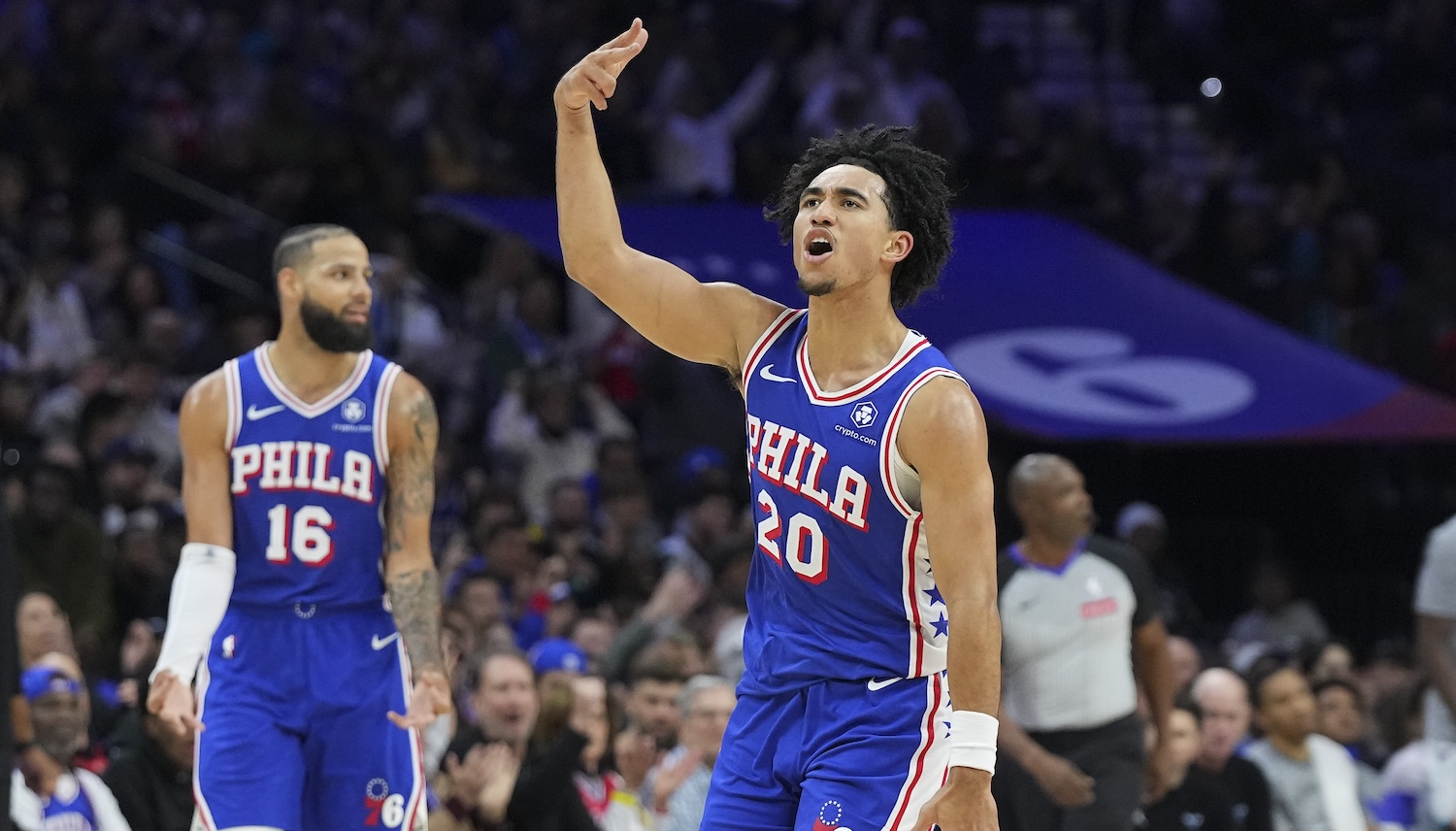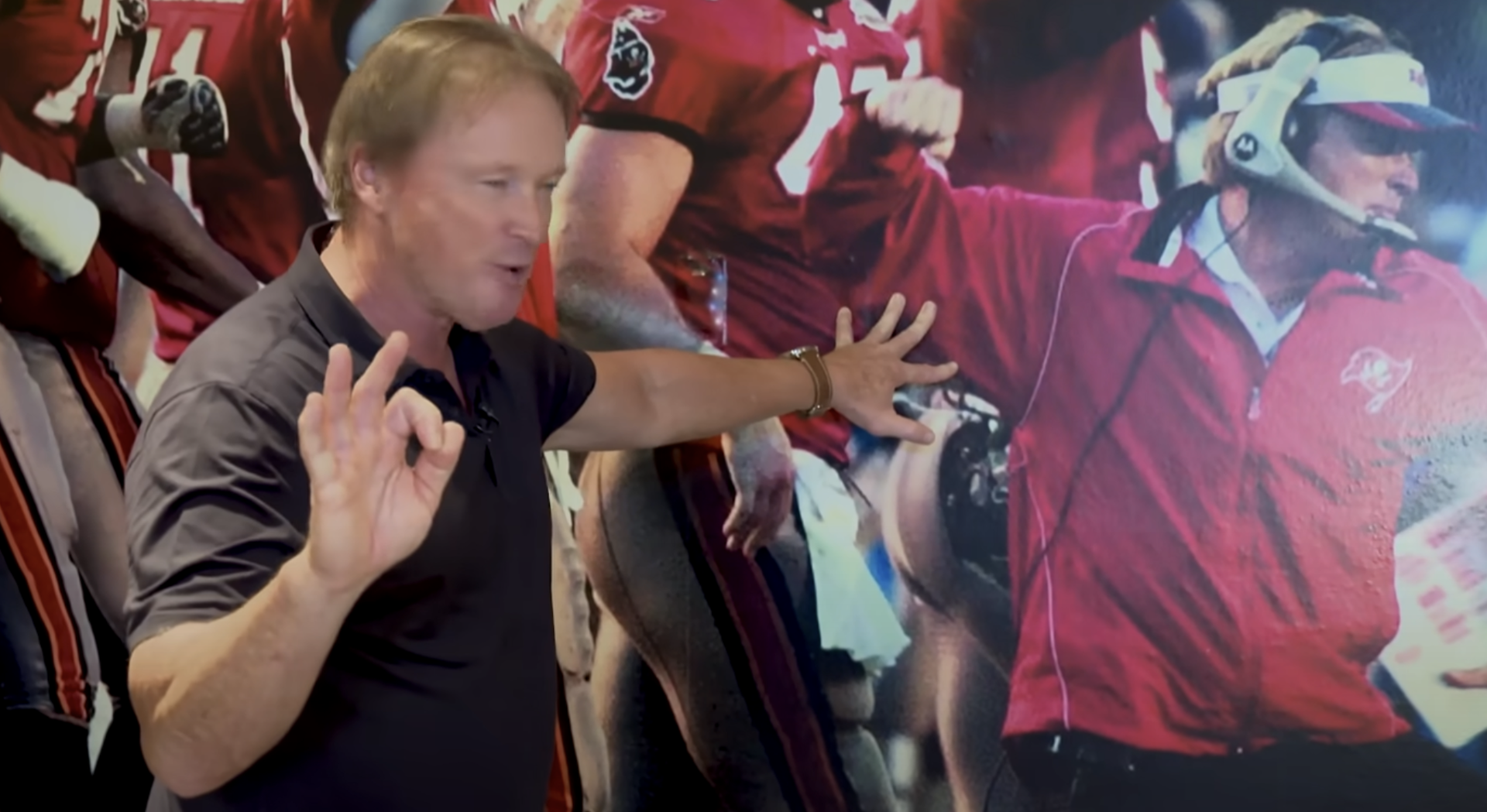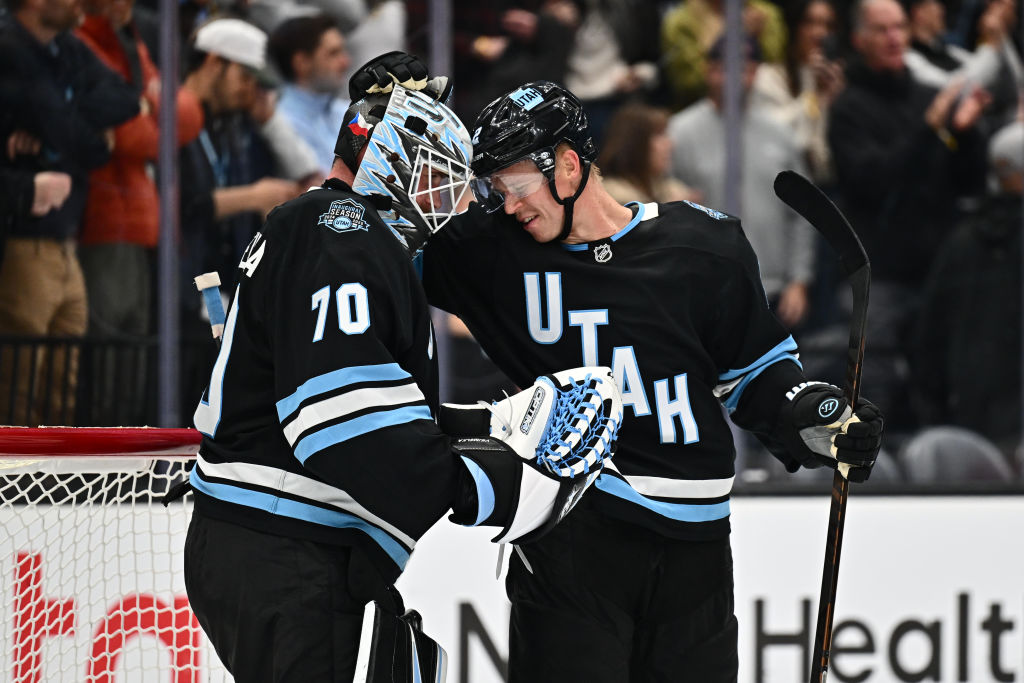On Thursday, the Washington Post reported that Chris Cuomo, CNN's star anchor and brother of New York Governor Andrew Cuomo, had participated in strategy calls about how his big bro should respond to questions about the many, many women who have come forward to accuse the disgraced politician of touching them without their consent and/or making sexually inappropriate remarks. The Post reported that the CNN personality encouraged his brother to remain defiant, minimizing the allegations as "cancel culture." Last night, Chris Cuomo offered an on-air mea culpa in which he apologized, not for brazenly dismissing accusations of sexual assault or even for what CNN called "improper" conversations with his brother's team, but for getting caught. "I put my colleagues here, who I believe are the best in the business, in a bad spot," Cuomo said.
Earlier this week, an entry-level reporter for The Associated Press, Emily Wilder, was set upon by online mobs of right-wing ghouls, led by Stanford's College Republicans and gleefully fueled by sites like The Federalist, The Washington Free Beacon, and Fox News, mostly for having advocated in college that Palestinians are human beings. (And for noting that the late billionaire casino magnate and power broker Sheldon Adelson resembled a naked mole rat; I thought the AP of all places would appreciate accuracy, but no.) Also on Thursday, the Associated Press fired Wilder for violating its social media policy, though they refused to tell her or announce publicly which of her posts were in violation. In an interview with SFGate, Wilder, who correctly identified that her firing was an example of actual cancel culture at work, said, "It's really unfortunate the Associated Press is abdicating their responsibility to not only me, but to all journalists just because a group of college students wanted to engage in a witch hunt."
That Wilder's firing by the Associated Press for past comments critical of the Israeli government came less than a week after the Israeli military leveled the AP's headquarters in Gaza City pushes tragedy into the realm of farce so on-the-nose that it need not be emphasized here beyond the observation.
The treatment of Cuomo and Wilder highlight two separate but related flaws in the world of Serious Journalism. The first is the unreasonable and hideously stupid expectation that reporters must harbor no strong opinions about the things they care about, whether it's their creep of a brother or the liberation of oppressed people. The second is how this expectation gets enforced. The disparity in punishment between Cuomo, who faced no disciplinary action even though a CNN spokesperson acknowledged his actions were "inappropriate," and Wilder, who was summarily canned even though the AP couldn't point to what she had done wrong, is glaring.
Dylan Byers, a baby-brained useful idiot for the wealthiest and most prominent figures in media, condescendingly explained that Cuomo will be keeping his job because CNN likes him and pays him a lot of money. His wised-up, how-the-world-really-works tone grated specifically because it's obvious to anyone with eyes and ears. Chris Cuomo, like his brother, has power, so he can get away with a slap on the wrist for things that would cost a normal person their job (or, for his brother, perhaps put them in prison). Emily Wilder is young and new to the industry, and she has no power, especially not compared to the Conservative dark money–funded projects that exist to push one worldview and punish all others. So she's out of work today.
There are multiple undercurrents here—a functional newsroom actually concerned with training young reporters might explain to one exactly what she's supposed to have done wrong vis-à-vis their internal policies, instead of firing her; any working journalist or manager of journalists ought to be familiar with the Gamergate bad-faith dogpile tactics that have been the right's M.O. for seven years now—but it all comes back to power, and craven abdications of journalism's founding mission. The industry, at its best and at its heart, is about speaking up for those who can't, and shining a light on things that those in power would prefer kept in the dark. And yet in a single day, two of the country's largest media institutions chose to side with the powerful over the ethical. They failed at the fundamental principle to which they are ostensibly duty-bound.
As long as the gatekeepers of journalism, who are busy screeching and letting themselves be screeched at about "objectivity," are in charge of traditional newsrooms—and they will be; the executive editor of the Associated Press, for example, was just hired to lead the Washington Post—the policies meant to ensure something supposedly approximating fairness will in reality ensure that only those who already possess power and platform will receive anything resembling justice.





